In the world of agriculture, the use of chemical fertilizers such as urea and DAP has become widespread. These fertilizers are commonly used in dragon fruit farming as well. On one hand, they quickly release essential nutrients for plants, but on the other hand, they cause several issues, one of which is the Dragon Fruit Virus. This virus is linked to a reduction in soil microorganisms, the hardening and degradation of soil, and an increased susceptibility of plants to fungal infections. Let’s explore the reasons behind this phenomenon in detail.
What Are Chemical Fertilizers? An Introduction to dragon fruit virus
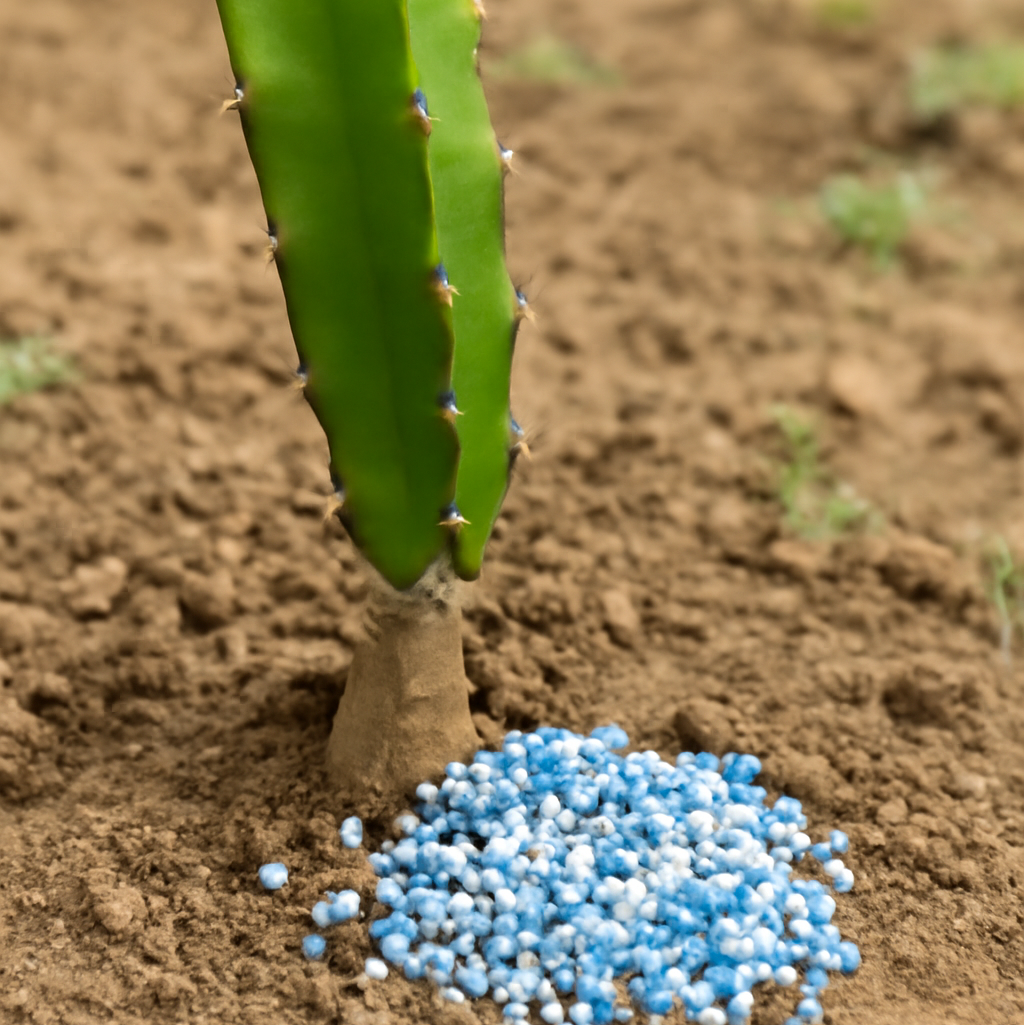
Chemical fertilizers are synthetic products designed to provide essential nutrients for plant growth. These fertilizers mainly contain nitrogen (N), phosphorus (P), and potassium (K), collectively referred to as NPK. They help plants by supplying these vital nutrients to their roots, thereby promoting growth, yield, and quality. Chemical fertilizers are widely used in dragon fruit farming as well. While these fertilizers come with benefits, they also have their fair share of drawbacks.
The Role of Chemical Fertilizers in Modern Agriculture
The use of chemical fertilizers has become an integral part of modern agriculture. They are used to boost crop yields and make farming more profitable, especially in high-population countries where food production needs to increase. However, concerns about dragon fruit plant diseases the adverse environmental effects and the long-term sustainability of these fertilizers have been growing.
Chemical Fertilizer Use in Dragon Fruit Farming

Dragon fruit, also known as pitaya, is a tropical fruit that is gaining popularity due to its unique appearance and health benefits. As the commercial cultivation of dragon fruit increases, farmers are using chemical fertilizers to boost production. While these fertilizers provide immediate benefits, the long-term effects are often overlooked. It is important to understand that while these fertilizers cannot be completely eliminated, they can be used in a controlled and balanced way to minimize negative impacts.
Application of Chemical Fertilizers in Dragon Fruit Farming
Before applying fertilizers, it is crucial to test the soil to identify which nutrients are lacking. The following steps outline the typical procedure for applying chemical fertilizers in dragon fruit farming:
Soil Testing
Testing the soil before fertilizing is essential to determine which nutrients need to be supplemented.
Fertilizer Dosage
Dragon fruit requires a balanced amount of nitrogen (N), phosphorus (P), and potassium (K). Ensuring the correct dosage of these fertilizers is vital for optimal growth.
Timing of Application
Fertilizers should be applied immediately after planting, and then every three to four months thereafter.
Application Method
Fertilizers should be applied around the base of the plant and lightly incorporated into the soil. After application, water the plants thoroughly to ensure that the nutrients reach the roots.
Benefits of Chemical Fertilizers in Dragon Fruit Farming
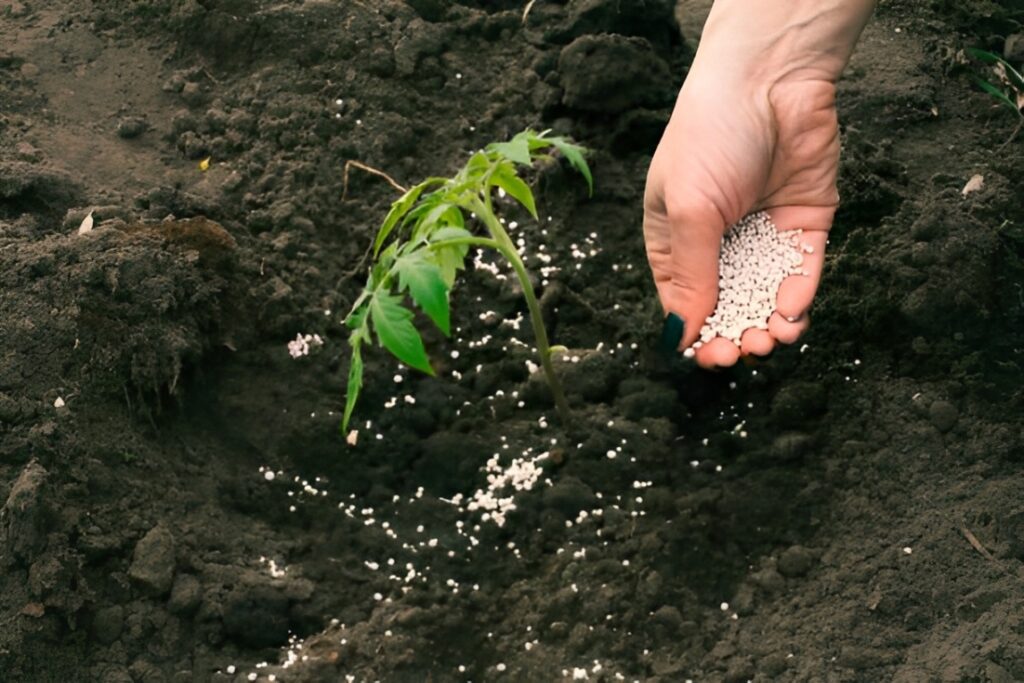
Chemical fertilizers provide several benefits when used in dragon fruit farming:
Rapid Growth
Chemical fertilizers provide nutrients that are quickly absorbed by plants, leading to rapid growth and development.
Higher Yield
Fertilizers help increase fruit production by improving plant growth and overall health.
Improved Quality
When plants receive the correct amount of nutrients, the quality of the fruit improves. This includes better size, color, and flavor.
Cost-Effective
Compared to organic fertilizers, chemical fertilizers are often cheaper and more readily available.
Drawbacks of Chemical Fertilizers in Dragon Fruit Farming – dragon fruit plant diseases
While chemical fertilizers have their advantages, they also come with several disadvantages:
Impact on Soil Fertility
Over time, the excessive use of chemical fertilizers can reduce the fertility of the soil, making it less productive and more susceptible to diseases, including the Dragon Fruit Virus.
Environmental Pollution
Excessive use of chemical fertilizers can lead to pollution of water sources, as these chemicals can wash into rivers and lakes, harming the environment.
Dragon Fruit Virus
Excessive use of chemical fertilizers, especially nitrogen, can increase moisture levels in the soil, which in turn promotes fungal growth and increases the risk of the Dragon Fruit Virus.
Decreased Plant Immunity
Excessive nitrogen weakens the plants, making them more vulnerable to diseases like the Dragon Fruit Virus.
Dragon Fruit Virus and Its Causes
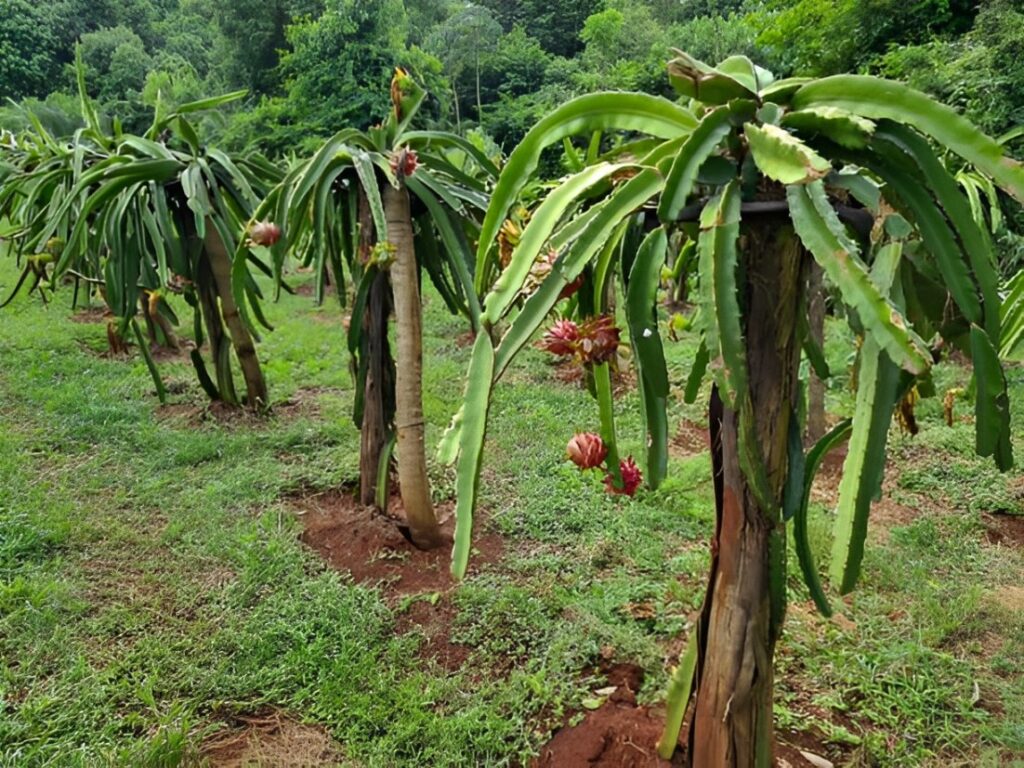
The increase in the Dragon Fruit Virus is closely linked to the improper use of chemical fertilizers. The following factors contribute to the virus’s spread:
Moisture Levels
Chemical fertilizers help retain moisture in the soil. However, when the moisture level is too high, it creates an ideal environment for fungi to grow, leading to infections.
Excessive Nitrogen
Giving plants more nitrogen than they need weakens their cellular structure, making them more susceptible to fungal infections.
Imbalance in Fertilizer Use
When fertilizers are used excessively and without proper balance, the pH of the soil can become disrupted, creating an environment conducive to fungal infections.
The Dangers of Excessive Nitrogen and Plant Diseases
While nitrogen is an essential nutrient for plant growth, excessive nitrogen can have negative consequences:
Soft Stems and Leaves
Too much nitrogen makes the stems and leaves of plants soft, making them more vulnerable to pathogens and diseases.
Root Rot
Excessive nitrogen can lead to an imbalance in the soil’s microorganisms, causing root rot, which is detrimental to dragon fruit plants.
Reduced Yield
The increase in plant diseases caused by over-fertilization can reduce the yield, affecting both the quantity and quality of the fruit.
Solutions: Balanced Use of Chemical and Organic Fertilizers
To mitigate the negative effects of chemical fertilizers, a balanced approach should be adopted:
Balanced Fertilizer Use
Based on soil testing, determine the correct amounts of fertilizers needed for the dragon fruit plants. This ensures that the plants get the right nutrition without overloading them with chemicals.
Organic Alternatives
Consider using organic fertilizers such as compost, vermicompost, and organic liquid fertilizers. These can provide essential nutrients without the harmful side effects of chemical fertilizers.
Regular Monitoring
Monitor plants regularly to detect any signs of disease or fungus. Early detection can help prevent the spread of infections.
Moisture Control
Ensure proper irrigation practices are followed to prevent excessive moisture buildup, which can promote fungal infections.
Conclusion
When growing dragon fruit, it is important to strike a balance in fertilizer use. While chemical fertilizers offer rapid results, overuse can lead to significant plant diseases like the Dragon Fruit Virus. A combination of chemical and organic fertilizers, along with regular monitoring and proper irrigation, can help maintain the health of both the soil and the plants. By understanding the impact of fertilizers on your crops, you can ensure a more sustainable and healthy farming practice without dragon fruit plant diseases.
FAQs
Q1: What chemical fertilizers can be used for dragon fruit?
A1: Dragon fruit can benefit from fertilizers like DAP, NPK 12-32-16, and SSP. However, it is recommended to use organic alternatives alongside these chemical fertilizers.
Q2: What season should I be cautious about when using fertilizers?
A2: During the rainy season, when there is excessive moisture and nitrogen levels rise in the plants, it is important to assess the plants’ health before applying any fertilizer.
Q3: Which fertilizer is best for dragon fruit?
A3: Organic fertilizers are generally the best option for dragon fruit, as they support plant health without the risks associated with chemical fertilizers.
Q4: Can excessive nitrogen cause problems for dragon fruit plants?
A4: Yes, excessive nitrogen can weaken the plant, making it more susceptible to fungal infections and diseases.
Q5: How do I prevent the Dragon Fruit Virus?
A5: Prevent the virus by maintaining balanced fertilizer usage, using organic fertilizers, monitoring the soil moisture, and regularly inspecting the plants for diseases.
Q6: Is it necessary to conduct soil tests before applying fertilizer?
A6: Yes, soil tests help identify nutrient deficiencies, allowing you to apply the correct amount of fertilizer without overuse.
Q7: How does excessive nitrogen affect dragon fruit plants?
A7: Excessive nitrogen causes the plants to have soft stems and leaves, making them more vulnerable to diseases and fungal infections.
Q8: Can organic fertilizers replace chemical fertilizers in dragon fruit farming?
A8: Yes, organic fertilizers can be used as a substitute for chemical fertilizers and provide long-term benefits to both the plants and the soil.
Q9: How do I control fungal growth in my dragon fruit plants?
A9: Proper irrigation practices, balanced fertilizer use, and regular plant inspections can help prevent fungal growth.
Q10: How do I know if my dragon fruit plants are infected with the virus?
A10: Symptoms include yellowing leaves, stunted growth, and the appearance of fungal infections. Regular monitoring can help identify issues early.
Bonus Tip for New Farmers
For new dragon fruit farmers, start by focusing on the health of your soil. Incorporate organic fertilizers and practice crop rotation to keep the soil rich in nutrients. Regularly inspect your plants for any signs of disease, and always aim for a balanced approach to fertilizer use. Remember, healthy plants lead to better yields!
if you have any question regarding this do let me know in the comments section below.
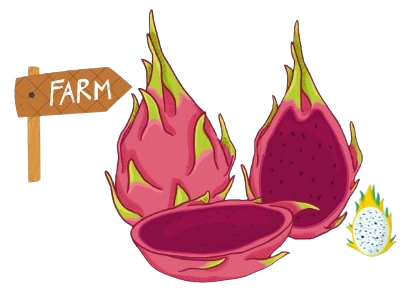
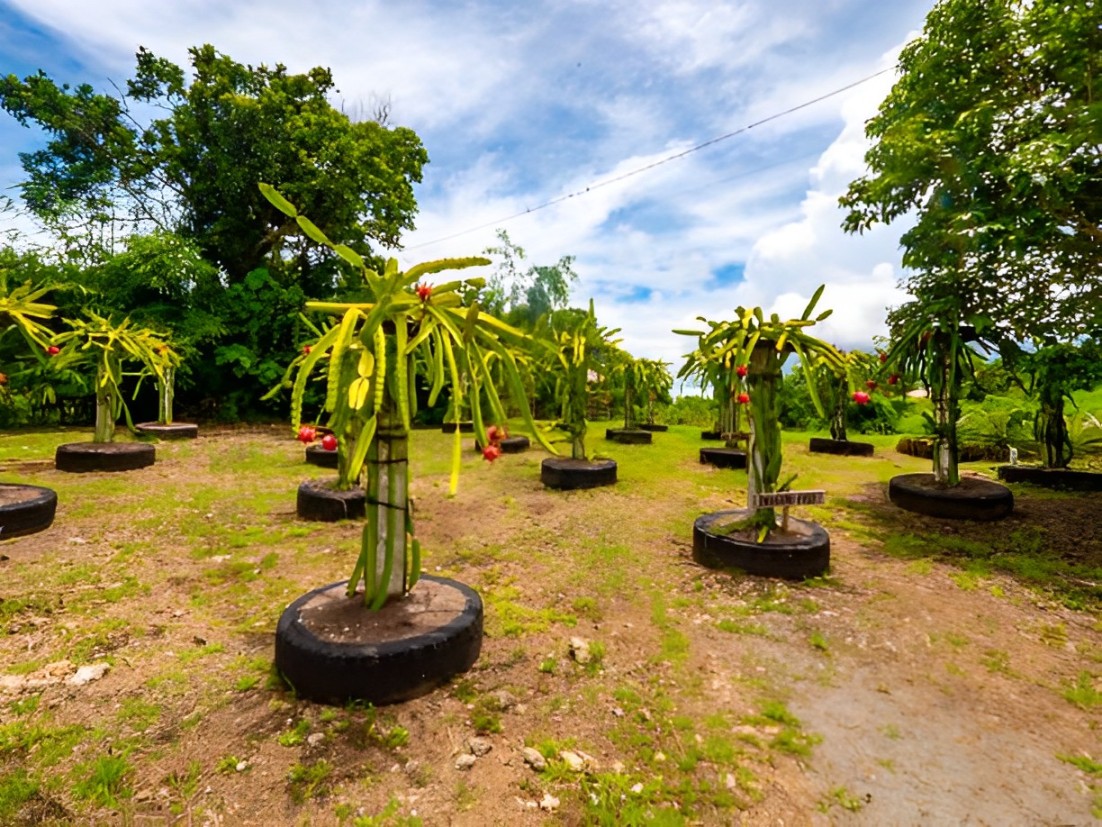
Informative blog.